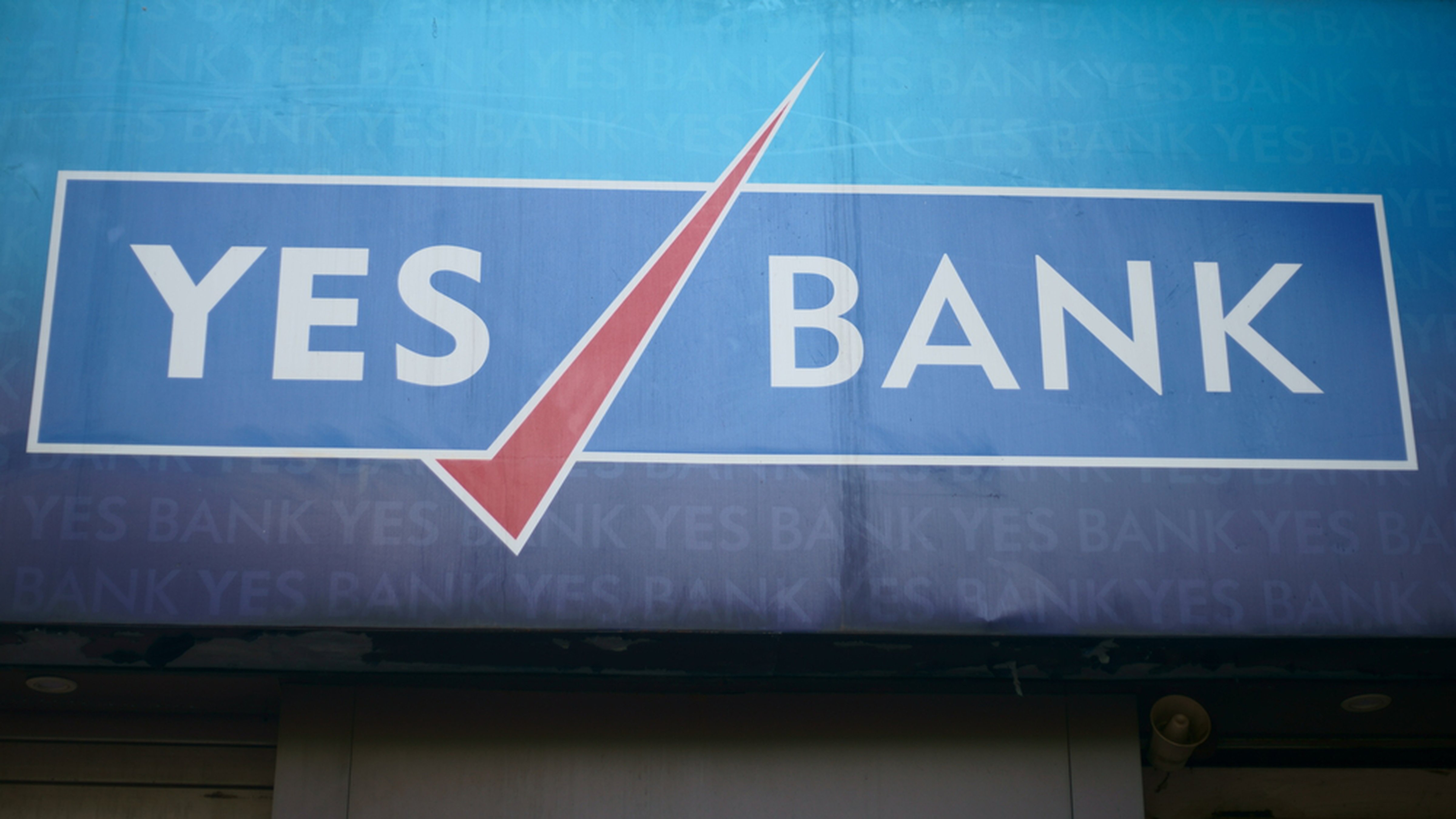Yes Bank, the troubled private sector lender which is set to come out of a moratorium on Wednesday, reported a huge Rs 18,564-crore loss for the third quarter ended December 31, 2019, as provisions jumped because of the higher recognition of bad loans even as the bank’s core capital got almost wiped out.
The bank, however, said that with State Bank of India’s infusion of Rs 6,050 crore and Rs 3,950 crore from other investors such as HDFC, ICICI Bank, Axis Bank and Kotak Mahindra Bank and the write-down of additional tier-1 (AT1) bonds, it will be able to meet the RBI’s requirements on the capital front.
IDFC First Bank on Sunday said it will make an equity investment of Rs 250 crore in the beleaguered private lender.
Yes Bank, which had earlier postponed its third-quarter results under former managing director and CEO Ravneet Gill because of its capital raising efforts, reported the financial numbers late on Saturday. The bank had posted a loss of Rs 629 crore in the July-September quarter.
Spike in provisions
During the quarter, its gross non-performing assets (NPAs) swelled to Rs 40,709.20 crore from Rs 17,134.41 crore in the preceding three months and Rs 5,158.62 crore in the year-ago period.
Yes Bank added that this also includes loans of Rs 5,151 crore which were recognised as NPAs from January 1, 2020 to March 14. The spike in absolute bad loans caused the proportion of gross NPAs to total loans to rise to 18.87 per cent from 7.39 per cent in the second quarter of this fiscal.
With bad loans rising, the provisions also rose to Rs 24,766 crore from Rs 548 crore in the same period last year.
Yes Bank also decided to raise its provision coverage ratio (PCR) to 72.7 per cent from 43.1 per cent on its bad loans which was over and above the RBI provisions.
This resulted in the bank falling below the regulatory requirements of having a minimum CET1 ratio (core equity capital) of 7.375 per cent as stipulated by the RBI. It fell to 0.6 per cent compared with 9.1 per cent in the year-ago period and 8.7 per cent in the July-September quarter.
Yes Bank, however, expects that following the fresh capital infusion and the treatment of AT1 bonds, its CET1 ratio will rise to 7.6 per cent. Yes Bank added that its decision to raise the PCR is in line with its discussions held with the RBI.
Corporate loans, which accounted for bulk of its bad assets, shot up to Rs 39,501 crore against Rs 16,138 crore in the preceding quarter.
Key areas
In a presentation, Yes Bank said that the key areas to work on in the near term will be deposit mobilisation, focus on retail loans, including MSMEs, resolution of stressed assets and cost optimisation.
The focus on deposits comes in the backdrop of the bank witnessing a 21 per cent fall in savings bank deposits and 33 per cent drop in current accounts over the year ago period. Term deposits also declined 24 per cent. Some customers have withdrawn their savings after the bank was placed under a moratorium. On a year-on-year basis, the total deposits declined over Rs 57,000 crore.
The bank disclosed that there had been an over Rs 44,000-crore dip in its deposits between September and December to Rs 1,65,000 crore, while there has been a sharp decline in the interest earned, suggesting a dip in advances because of the lack of capital.










